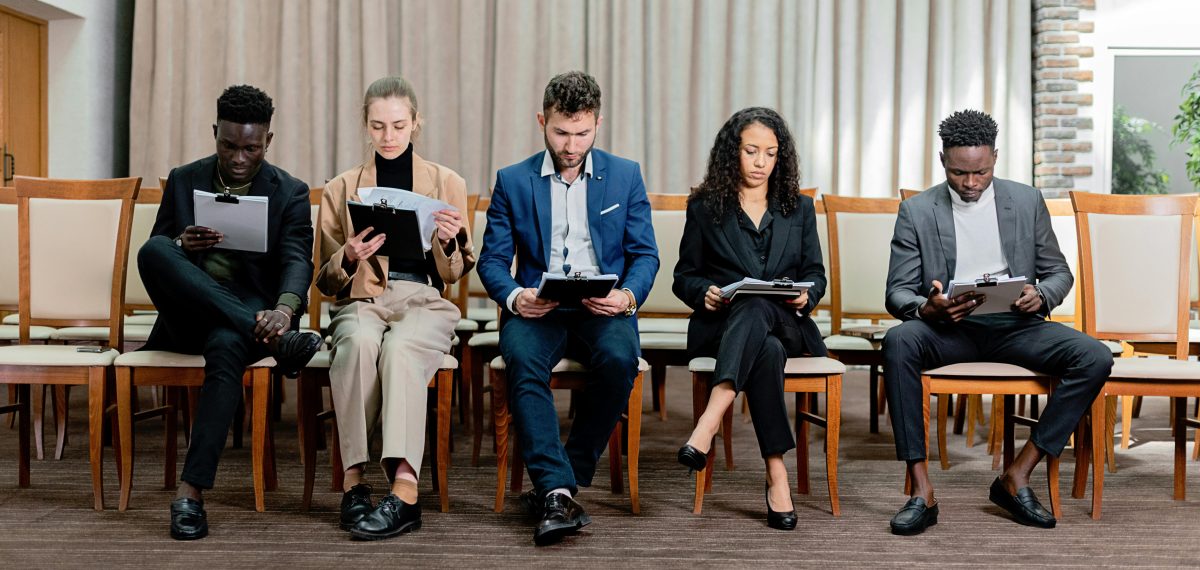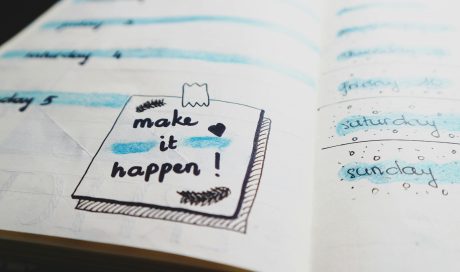In today’s competitive job market, the way your leaders and managers conduct interviews can make or break the outcome. Done well, interviewing helps you select the right person with confidence but done poorly, it can lead to costly bad hires, missed talent and long-term business impact.
Interviewing isn’t just an HR function, it’s a leadership skill, and like any skill, it can be developed with the right training and support. Our Interviewing for Success Training Workshop, taking place on 17th July, equips delegates with practical insights and tools to help ensure interviews effectively identify the best candidate for the role.
This blog explores why effective interviewing is essential to hiring success, how common mistakes can derail the process and why providing your hiring managers the right skills and tools is a an essential investment not just for recruitment, but for the entire organisation.
Why Interviewing Skills Matter More Than Ever
Hiring decisions are some of the most important choices a business makes. The right hire can boost team performance, bring fresh energy and ideas, and strengthen your culture. The wrong hire can lead to conflict, wasted time and expensive re recruitment.
Yet, many hiring managers have never been trained in how to interview effectively. Often, they’re promoted for their technical skills, not for their ability to interview and make informed decisions when recruiting. They might approach interviews informally, rely on gut feeling, or stick to questions they’ve always used – without realising those methods don’t always lead to the best outcomes.
When leaders and teams are equipped with the right skills and interviewing tools, they:
- Make better hiring decisions
- Create a consistent and fair process
- Help candidates show their true potential
- Represent the business in the best possible light
Without these skills, mistakes are inevitable – and costly!
When Interviews Go Wrong
You’ve probably seen (or heard about) interviews that haven’t gone to plan. Here are just a few common pitfalls:
- Unclear Criteria
Hiring managers sometimes go into interviews without a clear understanding of what “good” looks like for the role. This leads to inconsistent questioning and confusion about what they’re assessing. The result? Decisions made on personality or surface-level impressions, rather than capability or fit.
- Too Much Talking, Not Enough Listening
It’s surprisingly common for interviewers to dominate the conversation, either by talking about the company, the role, or themselves. This leaves little room to really get to know the candidate and it creates an unbalanced experience.
- Bias and Assumptions
Without structured techniques, interviews can be influenced by unconscious bias. Whether it’s a preference for someone who “feels like a good fit” or assumptions based on background or education, these biases can lead to poor and unfair decisions.
- Poor Candidate Experience
A disorganised or cold interview process can leave candidates feeling undervalued, or unsure about the role. In competitive sectors, that often means they walk away and accept an offer elsewhere.
These are just a few reasons why interview training is so important. Interviews are a high stakes interaction – not just for the employer, but for the candidate too.
It’s Not Just About Assessing – It’s About Attracting
Something we’ll talk about at our next workshop is how the interview is a two-way process. While you’re evaluating the candidate, they’re also deciding whether they want to work with you.
Gone are the days when the interview was a one-sided grilling. Today’s top candidates are looking for a workplace where they feel respected, inspire and valued. The interview often gives them their first real glimpse into your culture, your people and how they might be treated if they joined the team.
A great interview leaves candidates feeling excited about the potential opportunity, even if they don’t get the job. A poor one can put them off your brand entirely.
Not everyone shines in an interview naturally; some fantastic candidates are nervous, others need a bit of encouragement to open up. A skilled interviewer knows how to create the kind of environment that brings out the best in people.
It’s about creating a conversation, not an interrogation. The aim is to truly understand who the candidate is, what they bring to the table and how they might fit into the team. When interviewers know how to do this, the quality of information they get from candidates improves dramatically and so do hiring decisions.
The Ripple Effect of Good Interviewing
When your leaders and hiring managers are trained to interview well, the impact goes far beyond the hiring process. You build a stronger, more engaged workforce. You create a culture of fairness and inclusion. You develop teams that are aligned with your goals and enthusiastic about driving them forward.
And importantly, you also protect your employer brand. Word travels fast in today’s job market. A positive interview experience enhances your reputation and makes it easier to attract top talent in the future. A negative one can discourage other great candidates from even applying.
Building Confidence and Capability
That’s where our Interview Success Workshop comes in. We’ve designed it specifically to give your hiring managers and leaders the practical skills and confidence they need to run brilliant, effective interviews. The workshop covers everything from planning interviews properly, to asking the right questions, to reducing bias and making better decisions. We use real-world examples, interactive exercises and an approach that works for all industries.
If you’d like to book a place on our next Interviewing for Success Training Workshop, on 17th July, when we’ll be sharing insights and tools to ensure your interviews support your decisions on who is the right person for the job, you can do that here – or get in touch with Lynne on 01722 334433 or via email.



